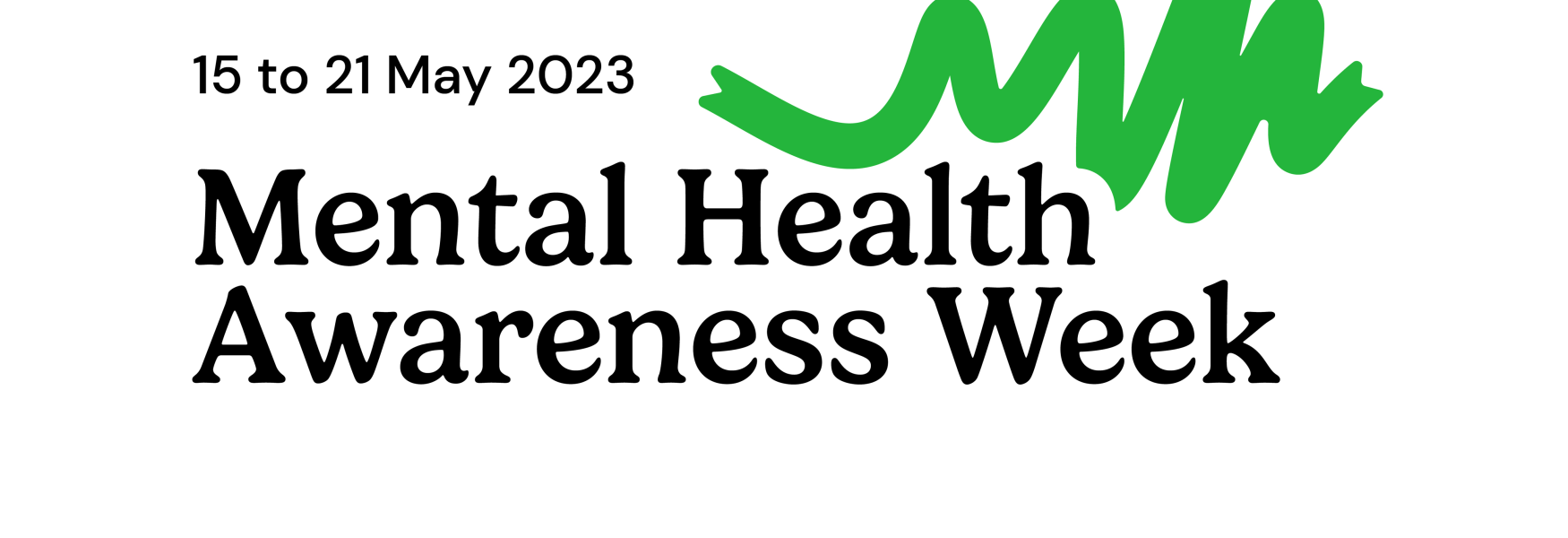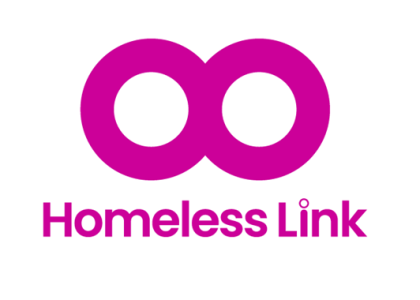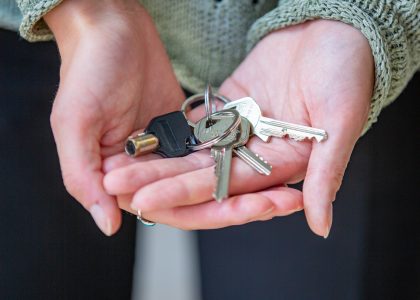For Mental Health Awareness Week 2023, we are raising awareness of the link between mental health and homelessness. This article will first cover a summary of our own findings on mental health, before featuring a guest blog from the charity Groundswell, and comment from an ambassador of ours who has been a practicing Consultant Psychiatrist for over two decades.
Over the past six years, St Martin-in-the-Fields Charity have undertaken an annual Frontline Worker Survey that has consistently shown a need to improve access to mental health support for people experiencing homelessness, in order to help people secure and keep a safe place to live.
In our 2022 Frontline Worker Survey, 75% of frontline workers described accessing mental health support for people they worked with as ‘difficult’ or ‘very difficult’. This echoed our 2021 results, which showed that 83% of frontline workers reported having seen an increase in people presenting with mental health needs, as well as housing needs, over the previous 12 months. At the same time, staff saw substantial challenges in accessing relevant support for people they worked alongside, with 79% of frontline workers describing accessing mental health support as ‘difficult’ or ‘very difficult’.
Noticing this connection, St Martin’s Charity called for insights on this topic at the beginning of 2023. Thanks to frontline workers and organisations who sent in their views, key areas for improvement were pinpointed, such as the need for more outreach to connect with people, more preventative work, or improving capacity in services. Using this knowledge from the frontline, we designed three multi-year grants for projects that support people who are struggling with their mental health outside healthcare settings, and who are at a critical point in their housing journey. We are excited to soon announce details of the projects awarded.
Guest blog: Groundswell share their insights for Mental Health Awareness Week
We are pleased to feature a guest blog written by Mat Amp, from Groundswell’s Listen Up! Team. Mat shares insights into the challenges accessing mental health support, as well as what works, including practical resources that can be used by frontline homelessness staff. This is an exerpt, the full blog is available here.
Groundswell is a charity that works to create solutions to homelessness that come directly from people with experience of homelessness. Our Comic Relief-funded Listen Up! project is led by lived experience and we aim to kickstart major change towards better healthcare access and life expectancy for people experiencing homelessness. We have a team of volunteer Reporters who report stories through the Listen Up! hub, we are developing Rights-Based Training to help people advocate for their own rights, and we create Insights that we use to influence decision makers and practitioners.
The first topic we chose to focus on was mental health; it’s a huge issue for our Reporters, for the people we hear from more broadly, and for people experiencing homelessness. We also know, from our research and lived experience, that people experiencing both homelessness and mental health issues are worried about being stigmatised in healthcare settings. We produced an Insight report about it last year.
Nothing, it seems, is easy. In my reporting over the years there have been numerous references to the way the system failed me when I tried to access counselling. I was refused the counselling I needed to help me stop using drugs because I was using drugs. Fortunately, I received the counselling I needed to get clean through an experimental research project. I’m pretty sure that without that I wouldn’t be here today.
The one problem that seems to be experienced by all those seeking help with mental issues is the protracted waiting times for help to be delivered.
Read Groundswell’s full guest blog here.
“It’s a two-way street”
One of our supporters and ambassadors, Dr Hugo de Waal, Consultant Psychiatrist, offered the following comment on the link between homelessness and mental health. This is based on observations made over the course of his two-decade long career in psychiatry.
“Throughout my career as a psychiatrist I have been acutely aware of the importance for our mental and physical wellbeing of simply feeling safe, secure and reasonably certain that we can to some degree at least predict what our lives will look like the next day, after having woken up from a (hopefully) restful night. But if you are forced to live ‘outside’ or are housed in temporary accommodation that you can’t call your own, those essential building blocks of wellbeing are not in place.
We know that most people who are homeless don’t get in that state out of the blue: adverse life events play invariably a major role in causing such a decline in basic living circumstances, be it poverty, unemployment, escaping from violent or abusive relationships or simply having left the army or prison, without having been supported to prepare properly for the transition from a highly structured environment to having to organise your life yourself.
One major causal factor is pre-existing mental health problems. This is very much a ‘two-way-street’: being homeless erodes one’s mental (and physical) health and poor health predicts social adversity, in the extreme ‘losing everything’, including one’s home.”







